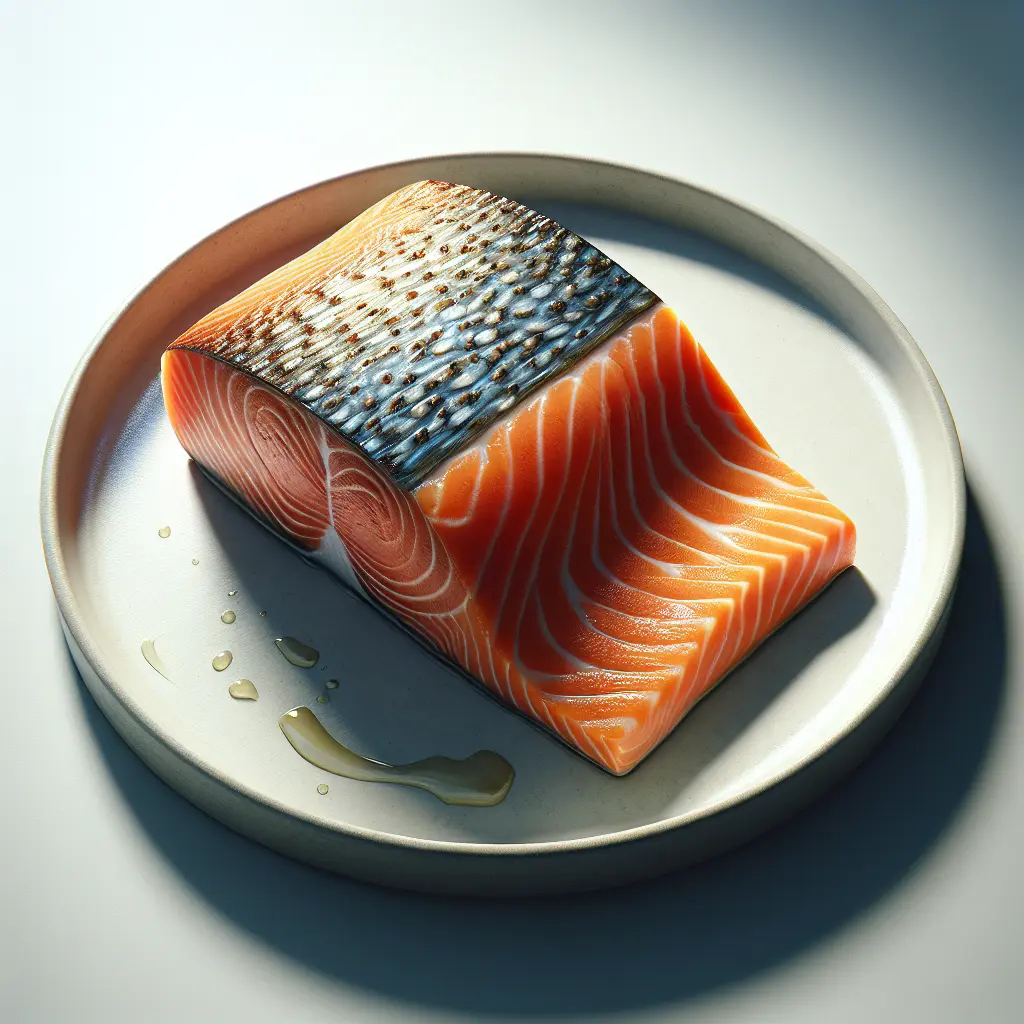Wild Salmon: A Nutritional Powerhouse
Wild salmon is a nutrient-dense fish that offers a wealth of health benefits. Its nutritional profile boasts an impressive array of vitamins, minerals, and essential fatty acids.
-
Protein: Wild salmon is an excellent source of high-quality protein, providing 62 grams per serving. Protein is crucial for building and repairing tissues, supporting muscle growth, and maintaining satiety.
-
Omega-3 Fatty Acids: Wild salmon is renowned for its high content of omega-3 fatty acids, particularly EPA and DHA. These essential fatty acids play a vital role in heart health, brain function, and immune system regulation.
-
Vitamins: Wild salmon is a rich source of vitamins, including vitamin D, vitamin B12, and vitamin A. Vitamin D is essential for bone health, immune function, and mood regulation. Vitamin B12 supports red blood cell production and nervous system function. Vitamin A is crucial for vision, skin health, and immune function.
-
Minerals: Wild salmon is also an excellent source of minerals, such as selenium, phosphorus, and potassium. Selenium is a powerful antioxidant that protects cells from damage. Phosphorus is essential for strong bones and teeth. Potassium supports hydration, muscle function, and blood pressure regulation.
Health Benefits of Wild Salmon
Regular consumption of wild salmon has been linked to a wide range of health benefits, including:
-
Heart Health: The omega-3 fatty acids in wild salmon have been shown to reduce the risk of heart disease by lowering blood pressure, improving blood lipid profiles, and reducing inflammation.
-
Brain Health: Omega-3 fatty acids are also essential for brain health. They support cognitive function, memory, and mood regulation. Wild salmon consumption has been associated with a reduced risk of dementia and Alzheimer's disease.
-
Anti-Inflammatory: Wild salmon's omega-3 fatty acids have potent anti-inflammatory properties. They can help reduce inflammation throughout the body, which may benefit conditions such as arthritis, asthma, and inflammatory bowel disease.
-
Weight Management: Wild salmon is a low-calorie, high-protein food that can support weight management. Protein helps increase satiety and reduce cravings, while the omega-3 fatty acids have been shown to promote fat loss.
Delicious Wild Salmon Recipes
To reap the health benefits of wild salmon, incorporate it into your diet with these tantalizing recipes:
-
Grilled Salmon with Lemon and Herbs: This classic dish is simple to prepare and packed with flavor. Grill salmon fillets seasoned with lemon, herbs, salt, and pepper for a healthy and satisfying meal.
-
Salmon Salad with Arugula and Quinoa: Combine grilled or poached salmon with arugula, quinoa, and a tangy dressing for a nutrient-rich salad.
-
Salmon Poke Bowl: Create a colorful and customizable poke bowl with cooked salmon, brown rice, avocado, cucumber, edamame, and a flavorful sauce.
-
Wild Salmon Burgers: Make juicy and flavorful burgers using ground wild salmon, breadcrumbs, herbs, and spices. Serve on whole-wheat buns with your favorite toppings.
Conclusion
Wild salmon is a nutritional powerhouse that offers numerous health benefits. Its high-quality protein, omega-3 fatty acids, vitamins, and minerals contribute to heart health, brain health, anti-inflammatory properties, and weight management. By incorporating wild salmon into your diet through delicious recipes, you can enjoy its exceptional taste and reap its remarkable health benefits.
How many calories are in Wild Salmon?
Each 1 fillet of Wild Salmon contains 418 calories.
Wild Salmon Nutritional Information
| Nutrient | Amount per 1 fillet (227g) |
|---|---|
| Calories | 418 Calories |
| Protein | 62g |
| Fat | 17g |
| Saturated Fat | 3.6g |
| Cholesterol | 0.129mg |
| Carbohydrates | 0g |
| Dietary Fiber | 0g |
| Sugar | g |
| Sodium | 0.12mg |
| Potassium | 1.0329mg |
| Calcium | 0.104mg |
| Iron | 0.0016mg |
